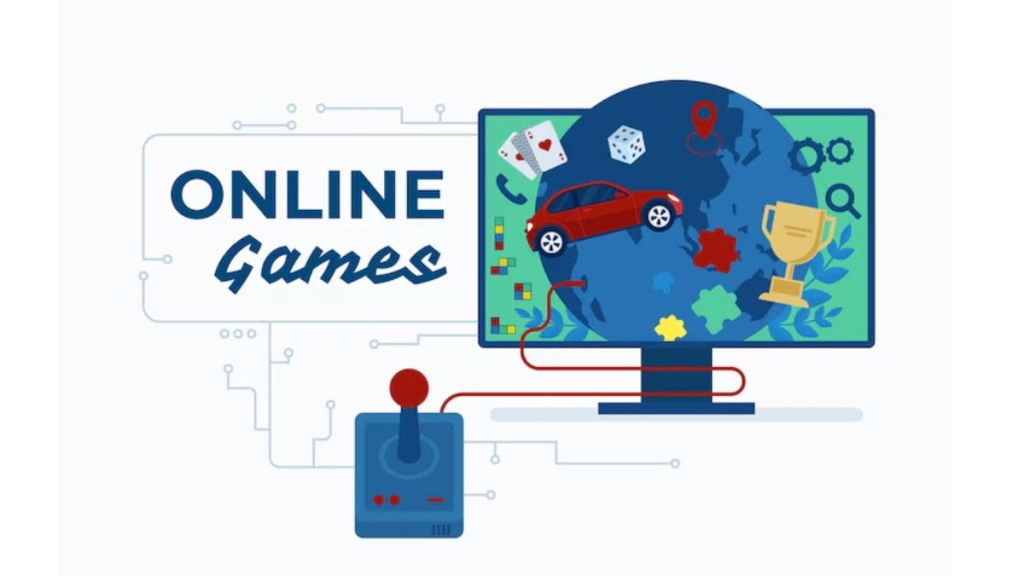In the universe of online gaming, user engagement alongside financial transactions has always been a priority of game makers. Nowadays, with people paying for in-game items regularly, pricing of those items become very important. To be sure, the willingness of people to spend money on games can be understood from the fact that, in 2023, the global online gaming market generated approximately $26.14 billion in revenue, which translates to a 9.8% growth compared to the previous year, as per a report published by Statista, a market research firm.
In the Indian context, the online gaming segment grew 22% to become the fourth largest segment of the Indian media and entertainment sector in 2023, displacing filmed entertainment as per a recent FICCI-EY report. It is also mentioned in the report that, about 90 million gamers reportedly paid for online games in 2023 and transaction-based game revenues increased by 21% to reach Rs 1,82,00 crore. However, apart from payment methods to buy in-game-items, it has been always a point of discussion that, how game developers can set price for in game items. More importantly, if some game developers increase price for their premium items, will people still be interested in buying them? Experts cited, this is all about understanding the priority of players of what they value and how much they are willing to pay. “Games like Clash of Clans and Candy Crush have nailed this by offering premium content that is priced at different levels, making it accessible for both casual spenders and hardcore fans. At Hitwicket, we have adopted a similar strategy. We offer a range of price points so players can choose how much they want to invest. This tiered pricing encourages ongoing purchases as players get more invested in the game,” Kashyap Reddy, co-founder, CEO, Hitwicket, said.
It is also believed that, the popularity of the game matters to dictate its sales. Expert believe, there is a psychological factor behind people’s willingness to pay for a game. “If the game is popular, audience will spend to get that premium status. If the game is not so popular, audience will be hesitant to spend even the smallest amounts. Companies need to focus on marketing the game rather than pricing their micro-transactions,” Rohit Agarwal, founder, director, Alpha Zegus, said.

